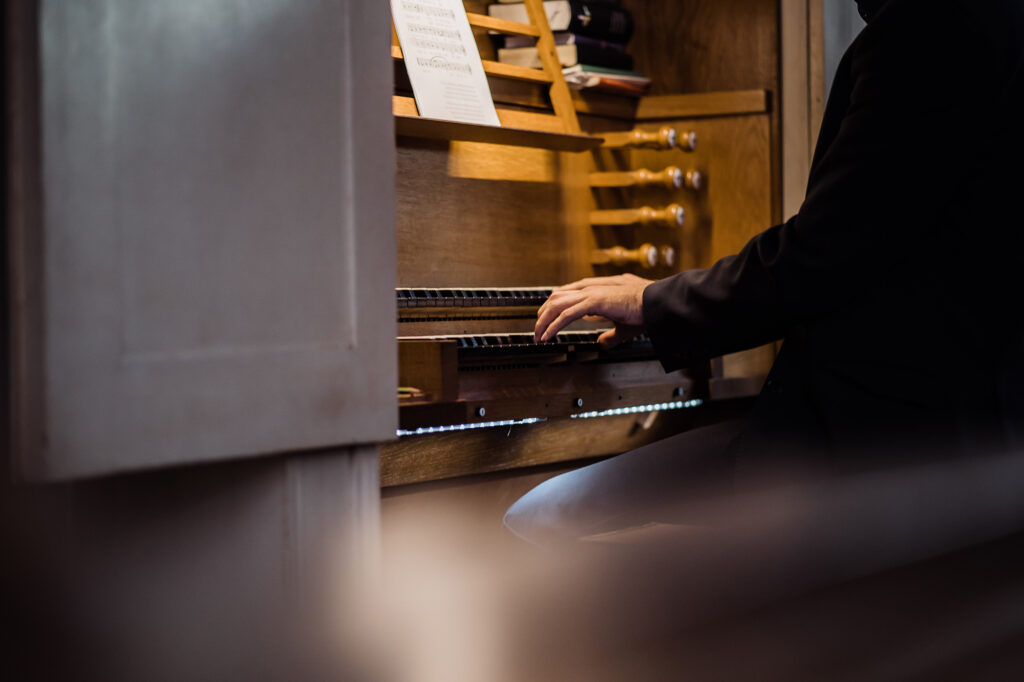Court rules church allowed to select & supervise ministers Seventh Circuit says State can’t punish Church for keeping ministers faithful
Media Contact
Ryan Colby 202-349-7219 media@becketlaw.org
Additional Information

WASHINGTON – A federal appeals court ruled that religious organizations have the freedom to choose and supervise their religious leaders, free from government intrusion. In Demkovich v. St. Andrew the Apostle Parish, the former music director of St. Andrew parish sued the Archdiocese of Chicago for requiring its liturgical leaders to follow the Catholic faith. After a Seventh Circuit panel ruled against the Archdiocese, Becket joined the Archdiocese to ask the entire court to rehear the case. On Friday, the en banc Seventh Circuit reversed the panel’s previous ruling and declared that the “ministerial exception,” a doctrine that protects against government intrusion into the employment relationships between churches and their ministers, protects the entire ministerial relationship and not just the beginning or end.
“Worship is sacred. That’s why worship leaders who select and perform elements of worship are ministers of the faith, conveying its teachings to the faithful,” said Daniel Blomberg, senior counsel at Becket. “That’s also why the church—not the state—gets to make sure that its music ministers are directing its congregation in a way that’s faithful to its beliefs.”
The Seventh Circuit’s ruling upholds important First Amendment principles for the interaction of church and state, reminding lower courts that “we cannot lose sight of the harms—civil intrusion and excessive entanglement—that the ministerial exception prevents.” Thus, instead of merely safeguarding the beginning and end of a ministerial relationship, the First Amendment “covers the entire employment relationship, including hiring, firing, and supervising in between.”
As a church music director and organist, Sandor Demkovich played a central role in planning and performing the liturgy and conveying the Catholic faith to St. Andrew’s congregation. When Mr. Demkovich entered into a same-sex marriage in violation of his employment agreement and 2,000-year-old Church teaching, the pastor had to terminate his employment. Mr. Demkovich then sued the Archdiocese.
“The court ruled that the government can’t interfere in the ministerial relationship between a church and worship leaders,” said Blomberg. “It’s common sense that if the government can’t tell a church which ministers to hire or fire, it also can’t manage churches’ ministerial relationships in between.”
The Archdiocese of Chicago is also represented by its General Counsel, James Geoly, who argued the case before the panel and the en banc court, and by Alex Marks at Burke, Warren, MacKay & Serritella, P.C.
For more information or to arrange an interview, contact Ryan Colby at media@becketlaw.org or 202-349-7219. Interviews can be arranged in English, Chinese, French, German, Portuguese, Russian, and Spanish.